A Crowdsourced Collection of Objects That Embody Climate Change
“A People’s Archive of Sinking and Melting” features publicly submitted items from places that could be on the brink of disappearance
A tube of toothpaste. A broken phone charger. A rusting cap that once sat atop a bottle of beer.
Most of the objects are things you might pass by on the street and not think twice about. But in this context, they're haunting.
The items are part of A People's Archive of Sinking and Melting: an art project, started in 2011, that's made up of objects submitted by people to represent the approaching threats of climate change. Initiated by Amy Balkin, a San Francisco-based artist who has been working on climate change-related projects since 2004, the archive is now housed in boxes at the city's Prelinger Library and co-maintained by registrars Malte Roloff and Cassie Thornton. "I'm asking anyone who lives in a place they may believe to be disappearing, or is already disappearing, to send something," Balkin says.
The project's description says that the "contributed materials form an archive of the future anterior—what will have been." In other words, a century from now, if the world has been ravaged by sea level rise, glacial melt, flooding, drought and other forms of extreme weather driven by climate change, this collection will give our descendants tangible evidence of the beginning of the end.
Balkin clarifies that the archive is a piece of art, not a scientifically verified record of climate change. "It's hard, because it's often difficult to determine if particular weather events are related to climate, as they're happening. News reports may say contradictory things, and we're still working on the climate models," she says.
Consequently, she accepts any items people submit (whether by mailing or carrying them in) and keeps them in the archive. They can be anything—a piece of art or an object that most people would consider garbage. The archive as much of a record of what we consider to be climate change as the phenomenon itself.
Thus far, there have been submissions from several U.S. cities (items salvaged from flooding due to Hurricane Katrina and Superstorm Sandy, in New Orleans and New York, respectively); low-lying islands and coastal regions in Italy, Panama and Senegal that are at risk of disappearing due to sea level rise; high altitude nations such as Nepal that will be affected by accelerated glacier melting; and polar areas in Greenland, Alaska and Antarctica that are seeing the fastest rates of warming.
Some of the objects, such as the bottle cap and mango pit taken from a beach in Dakar, Senegal, are accompanied by brief explanations by their submitters. "The city, situated on a massive peninsula, is surrounded by beaches and coasts that are home to many residents, and support small-scale fishing, incredible wildlife and tourism," said Matt Swagler, an American historian who lived in Dakar and contributed the items in 2012. "Admittedly, I have no idea exactly how many villages, homes and livelihoods will disappear with rising ocean levels here, but the impact will certainly be great."
Balkin recognizes that many of the items, sent in from small island nations such as Cape Verde and Tuvalu, tell one of the sad truths of climate change. "People in marginal places, with weak economies, are often going to be subject to the brunt of this," she says.
Despite the project's success—it's been part of several exhibitions, and on April 9 will be moved to Southern Exposure, an arts-based non-profit organization in San Francisco, where it will be put on public display—Balkin has some ambivalence about its message.
"It's been suggested to me that perhaps an archive is a political mistake. It makes assumptions about the future," she says. "The question is: Should we be doing something else?"
A People's Archive of Sinking and Melting is currently stored at San Francisco's Prelinger Library. It will be on display at Southern Exposure from April 9 through August, then join the "Lenin: Icebreaker" exhibition at the Austrian Cultural Forum in New York City starting September 2014. Information on how to contribute objects to the collection can be found here.
/https://tf-cmsv2-smithsonianmag-media.s3.amazonaws.com/accounts/headshot/joseph-stromberg-240.jpg)
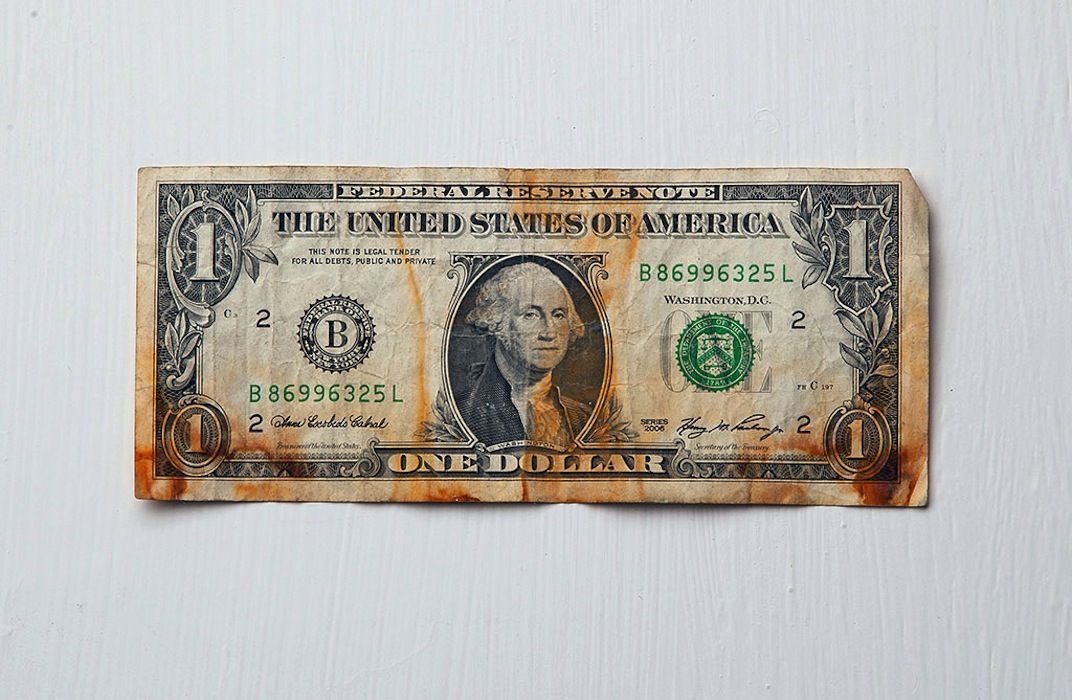
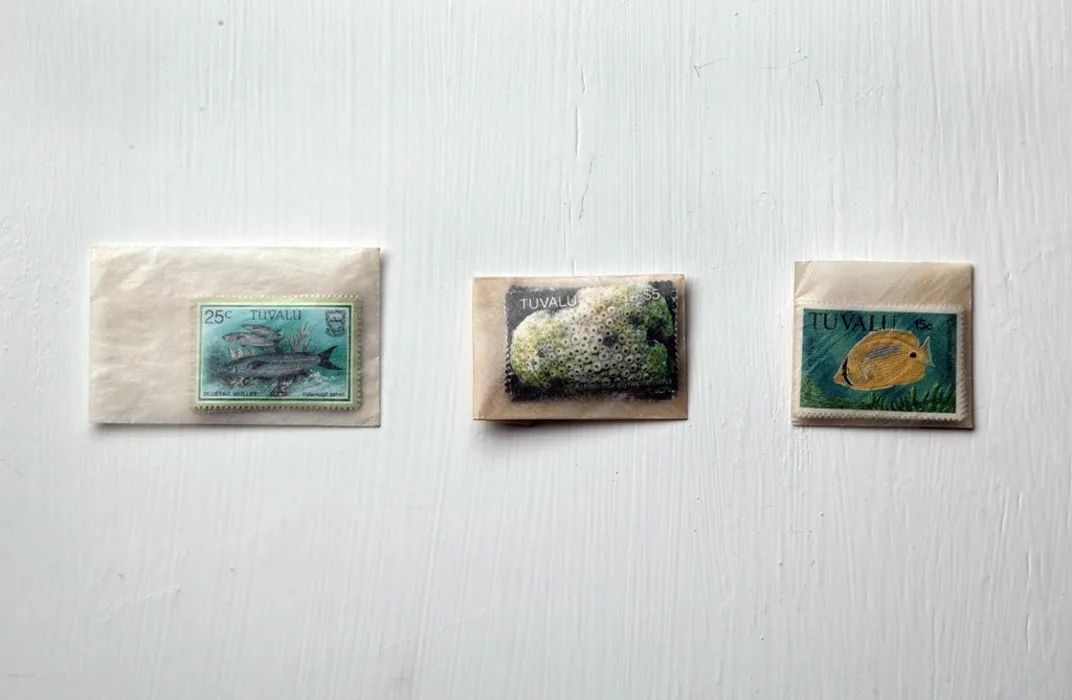
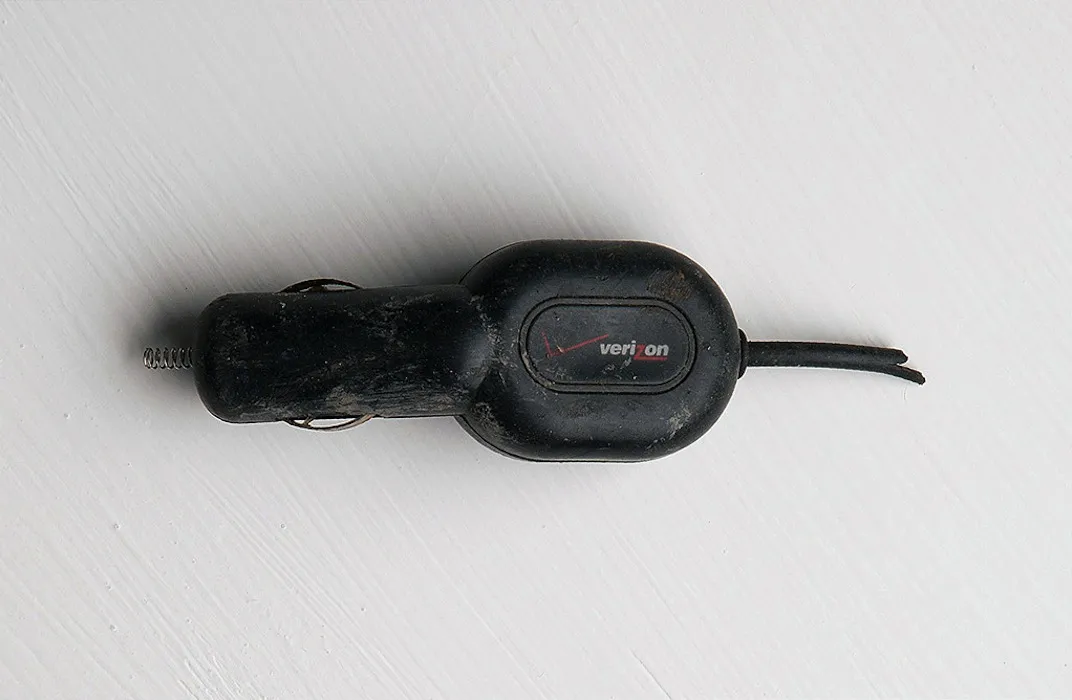
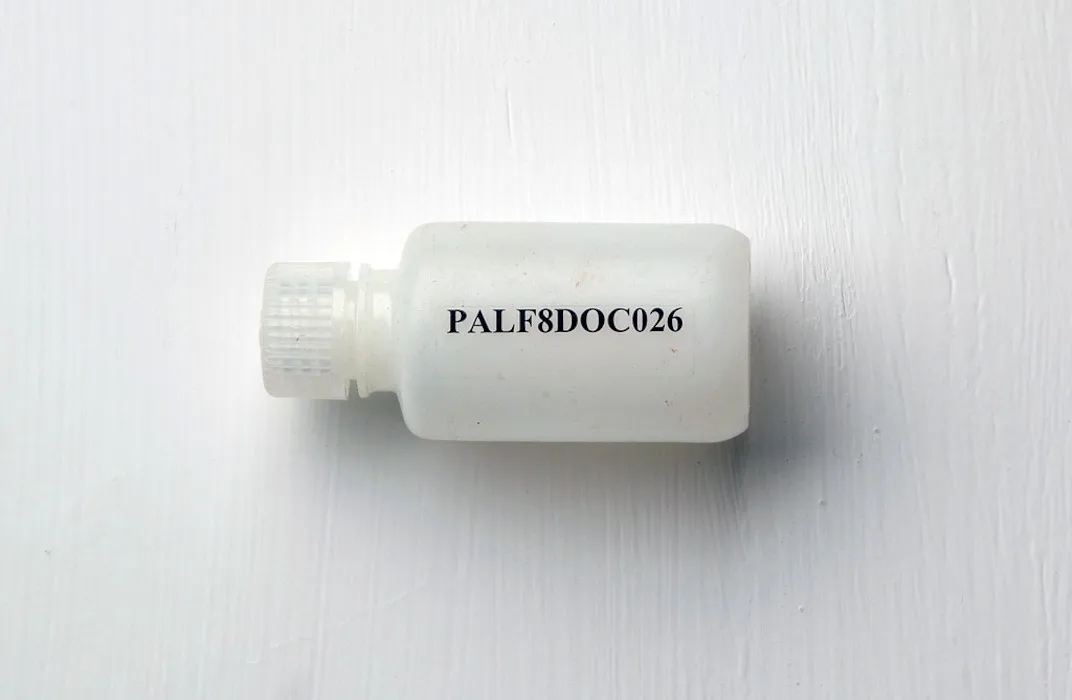
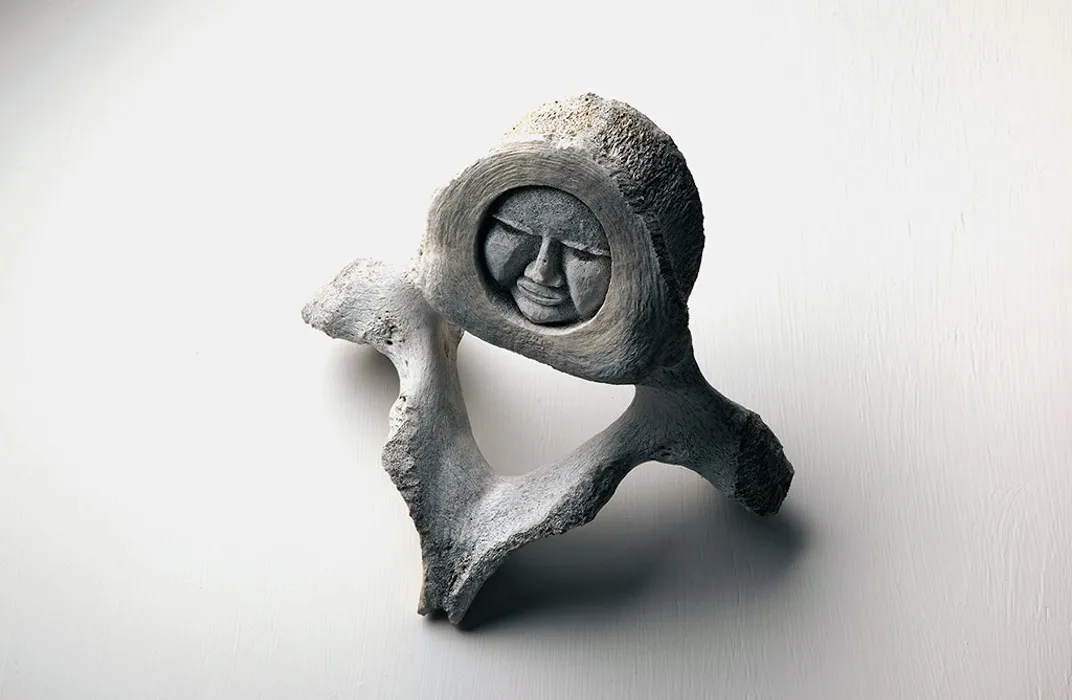
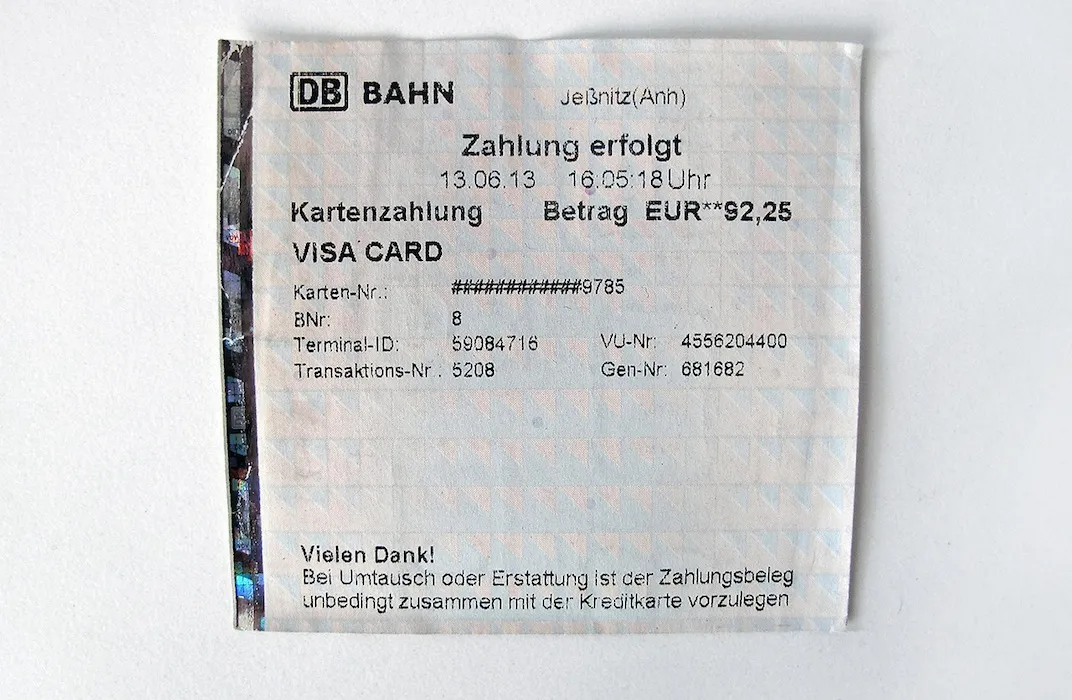
/https://tf-cmsv2-smithsonianmag-media.s3.amazonaws.com/filer/9f/0f/9f0f4035-33c1-4dc5-b35a-918f0a1fbd94/venice_confetti.jpg)
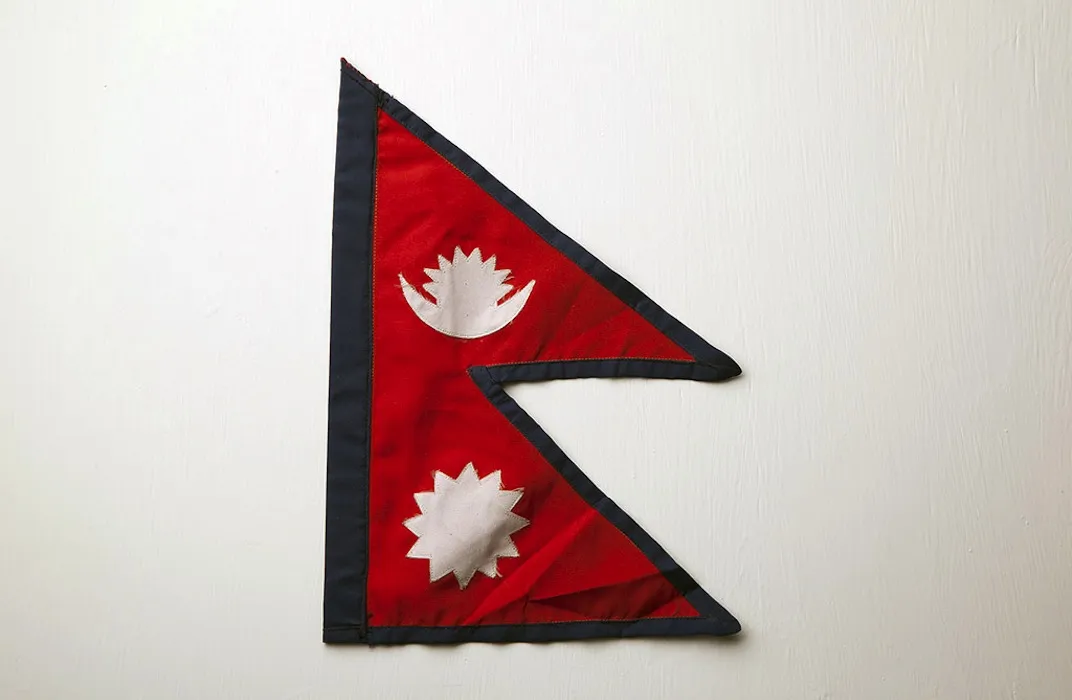
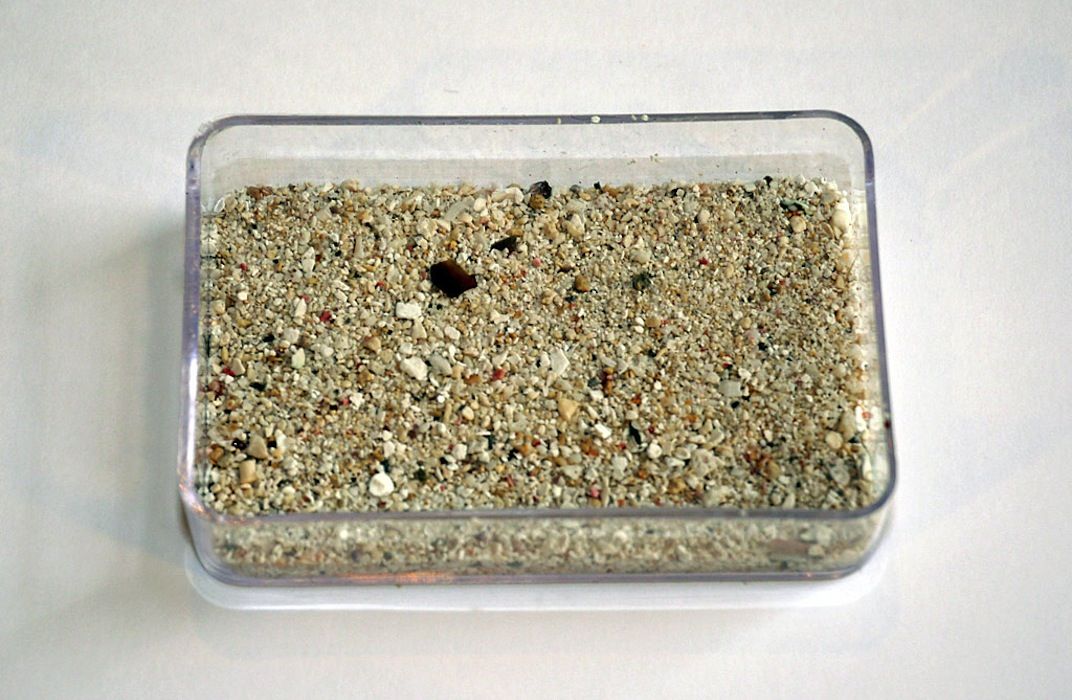
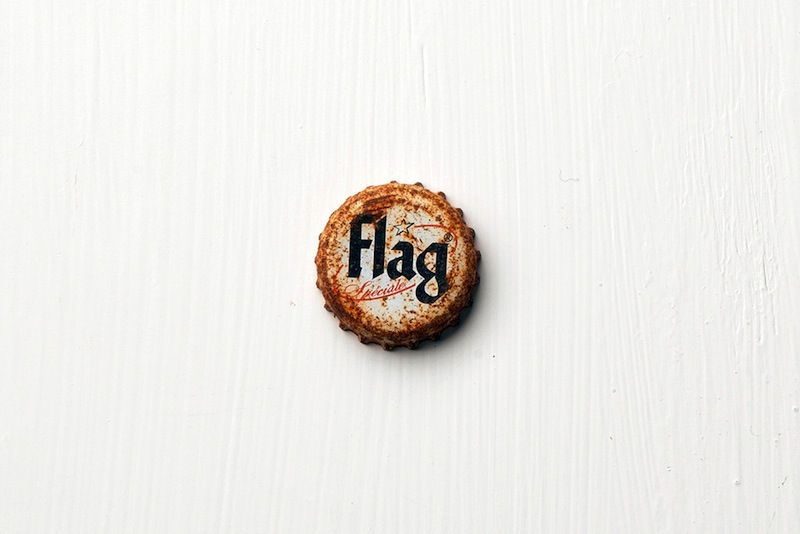

/https://tf-cmsv2-smithsonianmag-media.s3.amazonaws.com/accounts/headshot/joseph-stromberg-240.jpg)